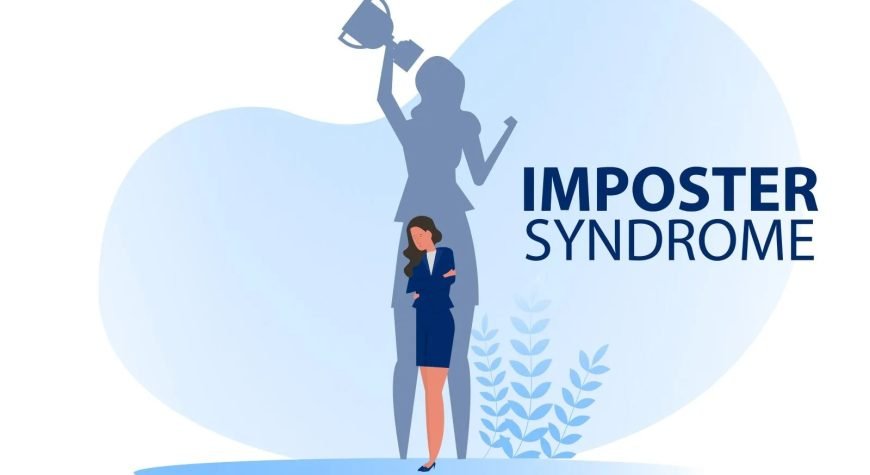Have you ever felt like you didn’t really deserve your achievements? Maybe you earned a promotion, graduated with honors, or got praised for a project, but deep down you thought, “They’re going to find out I’m not as good as they think.”
That feeling has a name: imposter syndrome, and it’s more common than you might imagine. At Kenyatta Black Counseling in Texas, we meet students, professionals, and parents from all walks of life who quietly carry this burden. It can affect anyone, but it often shows up more strongly for people who feel underrepresented or judged more critically in their environments.
What is Imposter Syndrome?
Imposter syndrome is the belief that your accomplishments aren’t really yours. You might think you got lucky, that others helped too much, or that someone simply made a mistake in giving you the opportunity. Even with a track record of hard work and success, that nagging voice insists you’re not truly capable.
Psychologists have studied this for decades. In fact, research in the United States shows that around 70% of people will experience imposter feelings at some point in their lives. It’s especially common among high achievers, including students in medical school, professionals in competitive industries, and even leaders at the top of their fields.
Why It Matters
Feeling like a fraud isn’t just an occasional annoyance. Over time, imposter syndrome can take a toll. It’s linked to anxiety, depression, burnout, and even missed opportunities. Some people cope by overworking to “prove themselves,” while others procrastinate, too afraid of not living up to expectations. Either way, it can create a cycle of stress and exhaustion.
For many people, especially Black men and women, these feelings can be intensified by outside pressures. Being the only one in a classroom or workplace, dealing with stereotypes, or experiencing microaggressions can make the inner critic even louder. But the truth is, imposter syndrome doesn’t discriminate. We’ve seen it in clients from all backgrounds and life stages.

